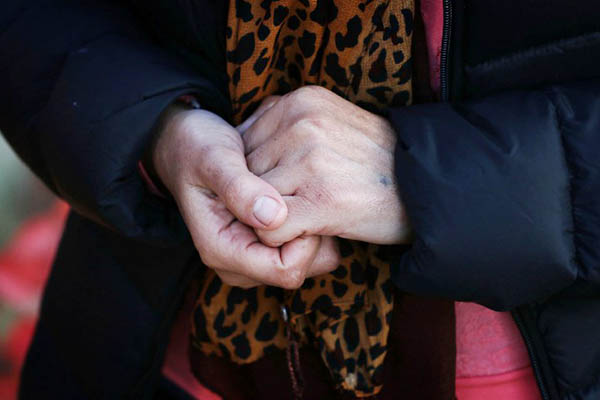
Safin Hamed—AFP
Despite societal advances, women in Pakistan remain at the mercy of the faithful and nationalistic.
Today, March 8, is International Women’s Day. In Pakistan, the annual affair is marked with remembrance of how the Constitution gave equal rights to them. However, while legally equally, women across Pakistan continue to suffer the same indignities as their counterparts in more restrictive societies. In the eyes of the mullahs who rule much of rural Pakistan, Muslim women are unequal and will remain so—at times shot at, as in the case of Malala Yousafzai, or collectively raped, such as Mukhtaran Mai. Laws against violence to women have to hedge against time-frozen religious edicts, which even women can’t speak against for risk of retaliation.
The advocacy for women’s rights has to be foreign-funded and pushed by Pakistan’s anemic non-governmental organizations. Yet, there are differences of scale that one can’t ignore: a woman has ruled Pakistan as prime minister in the face of fatwah, and the urban woman is not as deprived of rights as in the Arab world. One must accept that women’s rights can’t be defended in the Muslim world without outside help. But NGOs arouse the state to nationalist passion and opposition is mobilized beyond the grip of the madrassa and the mosque.
The isolationist state drinks from the poisoned cup of nationalism if not ideology and enforces uniformity of thinking about all its denizens, women or otherwise. If you are not a cleric or drunk on the wine of faith you can still be an isolationist—hating anything to do with the West from where most of the funds come to ease the birth of civil society. When laws are infructuous, the suffering population leans on interest groups for advocacy and the few Pakistani women who know the real plight of their deprived gender rise in their defense. The state that wins no wars shows masculinity against defenseless NGOs, calling them agents of foreign powers set to destroy Pakistan’s pristine culture. And the woman goes on suffering, exploited by her own family while vulnerable to an indifferent state.
